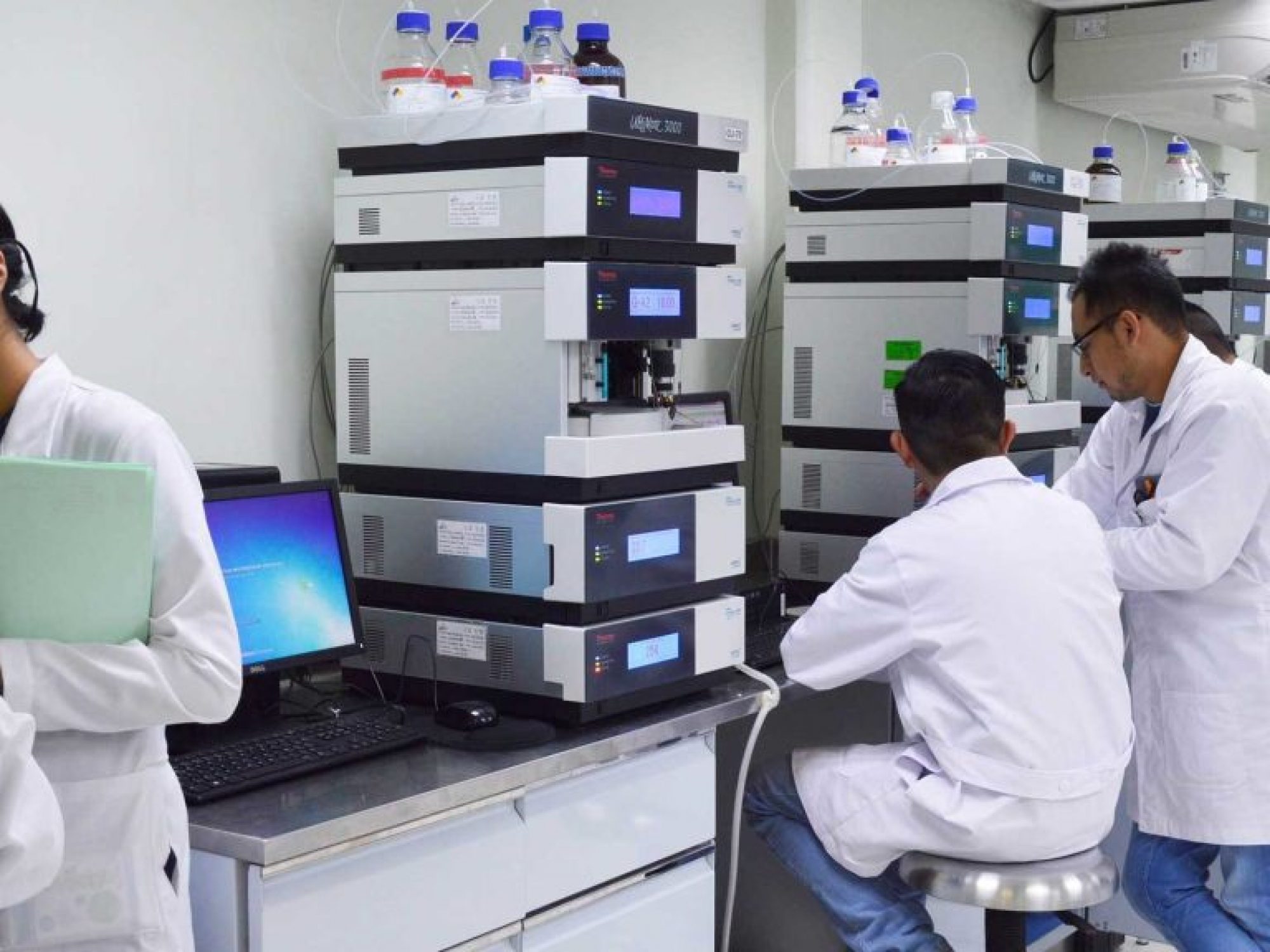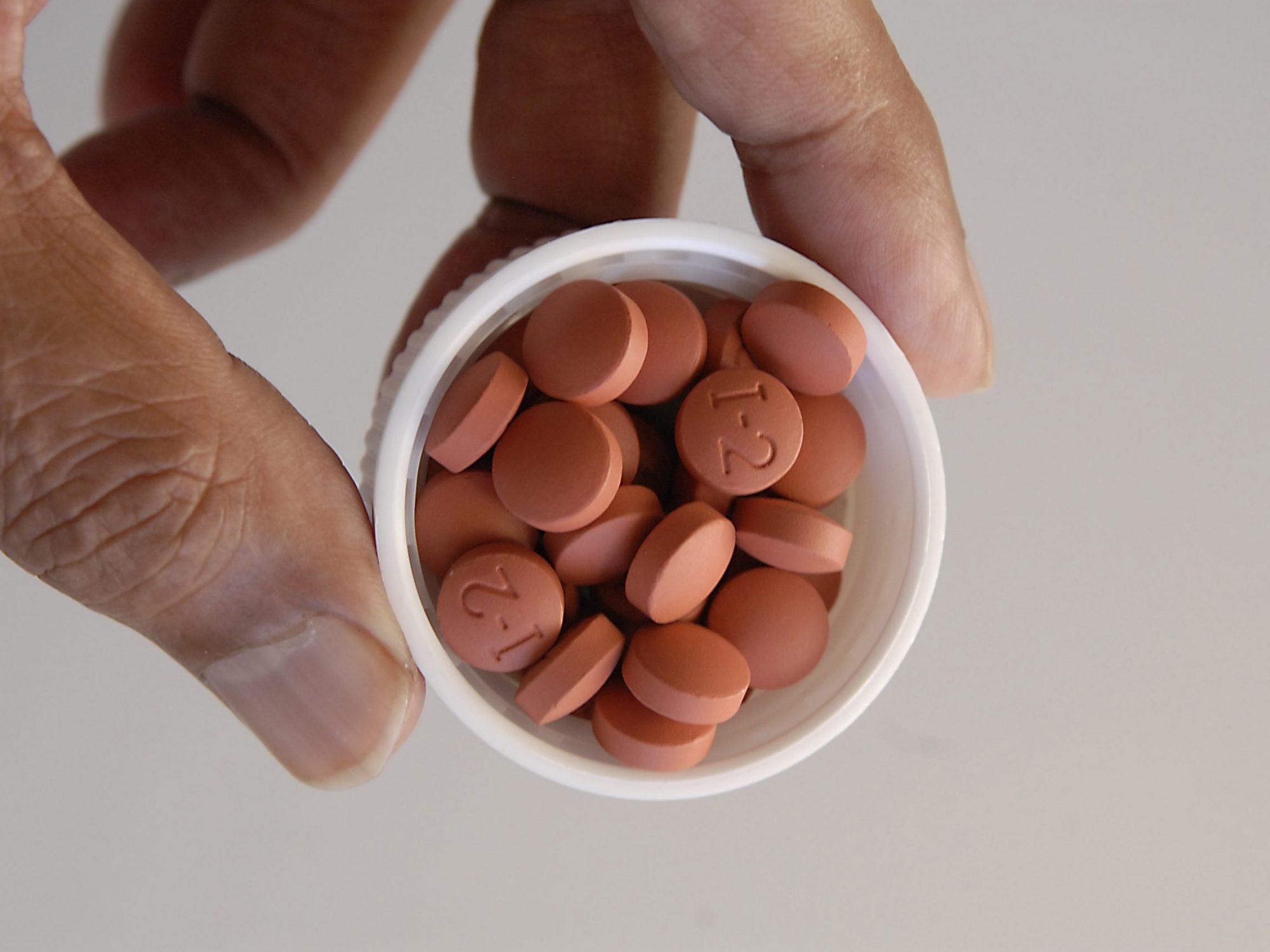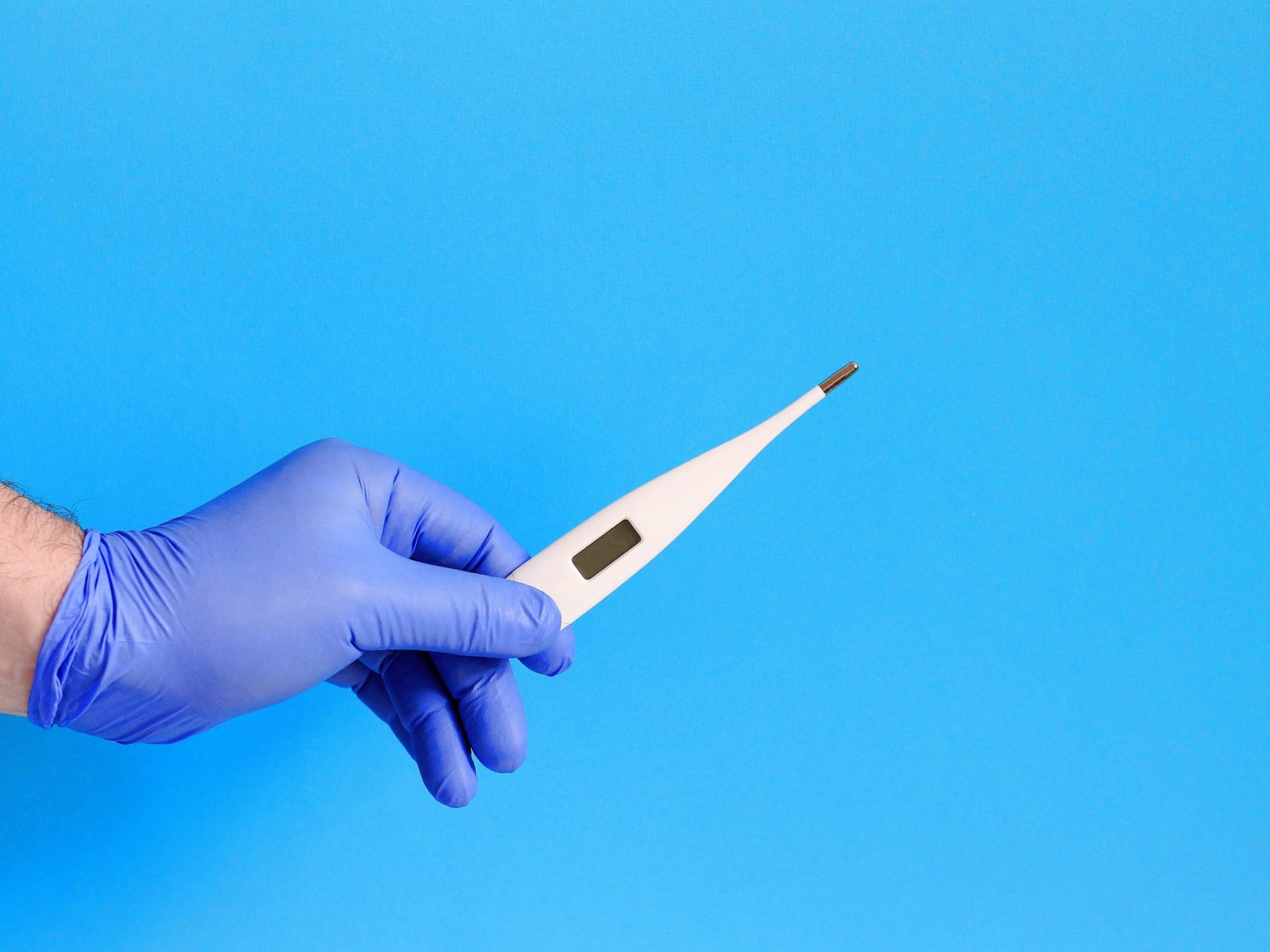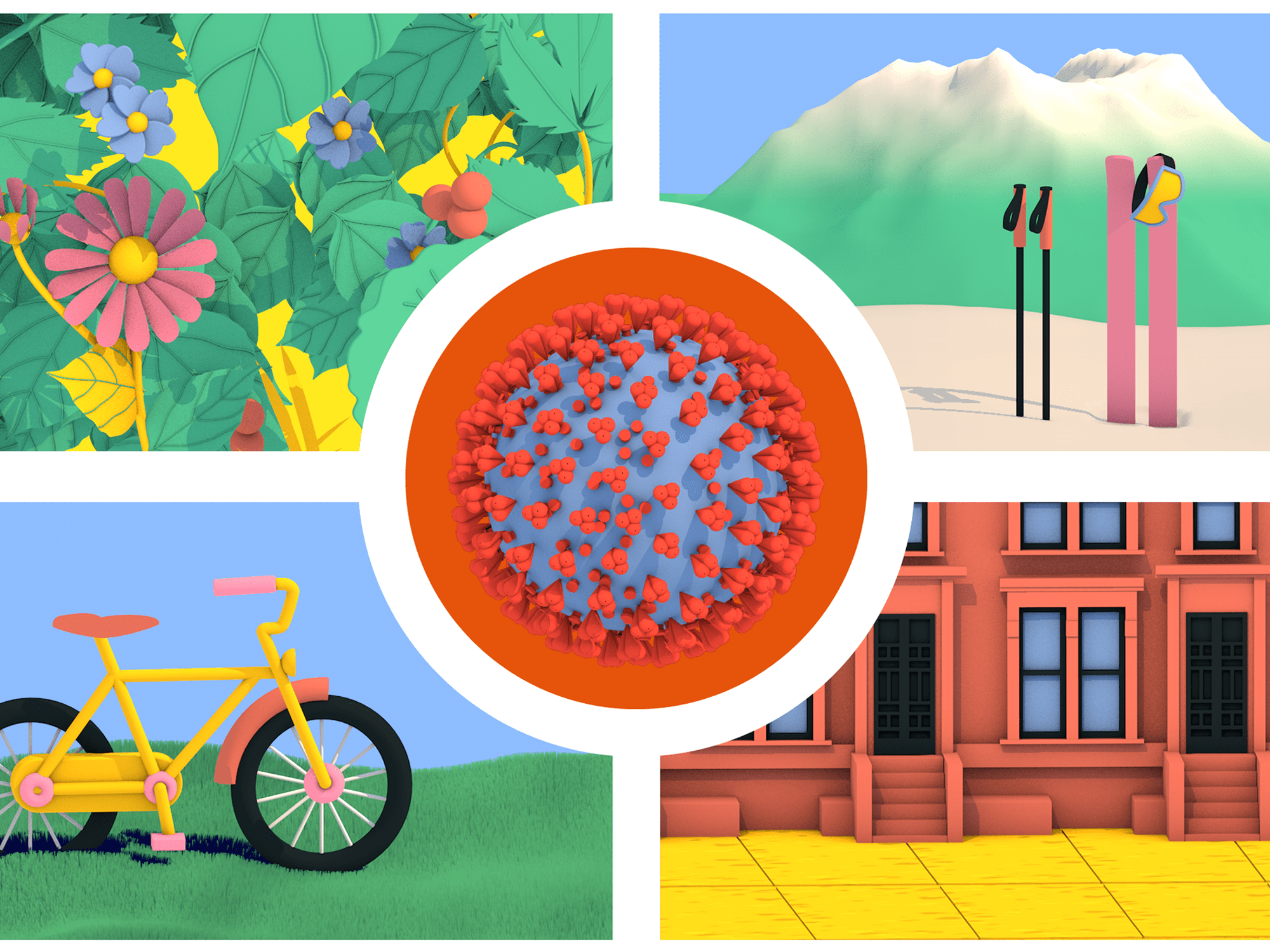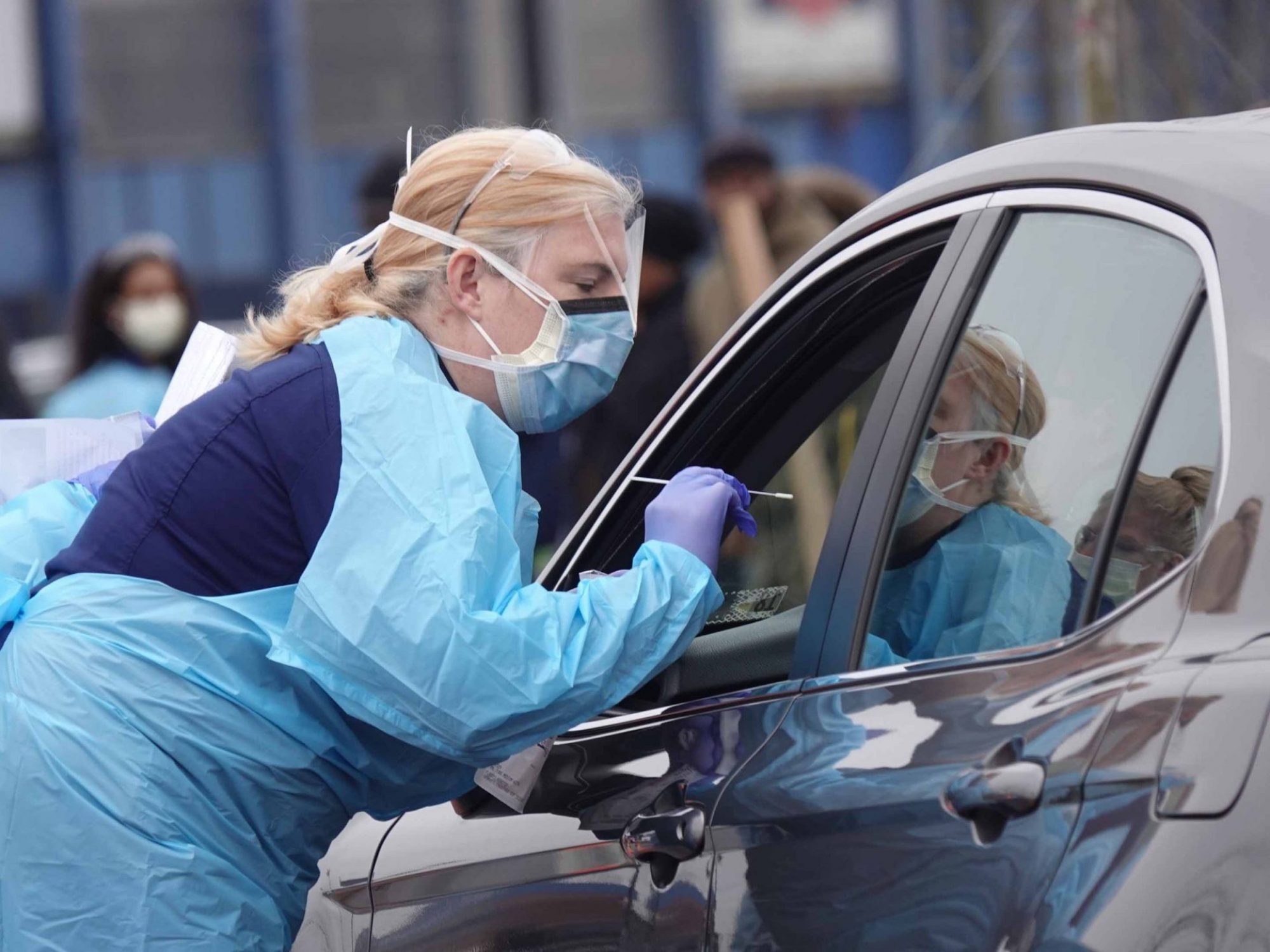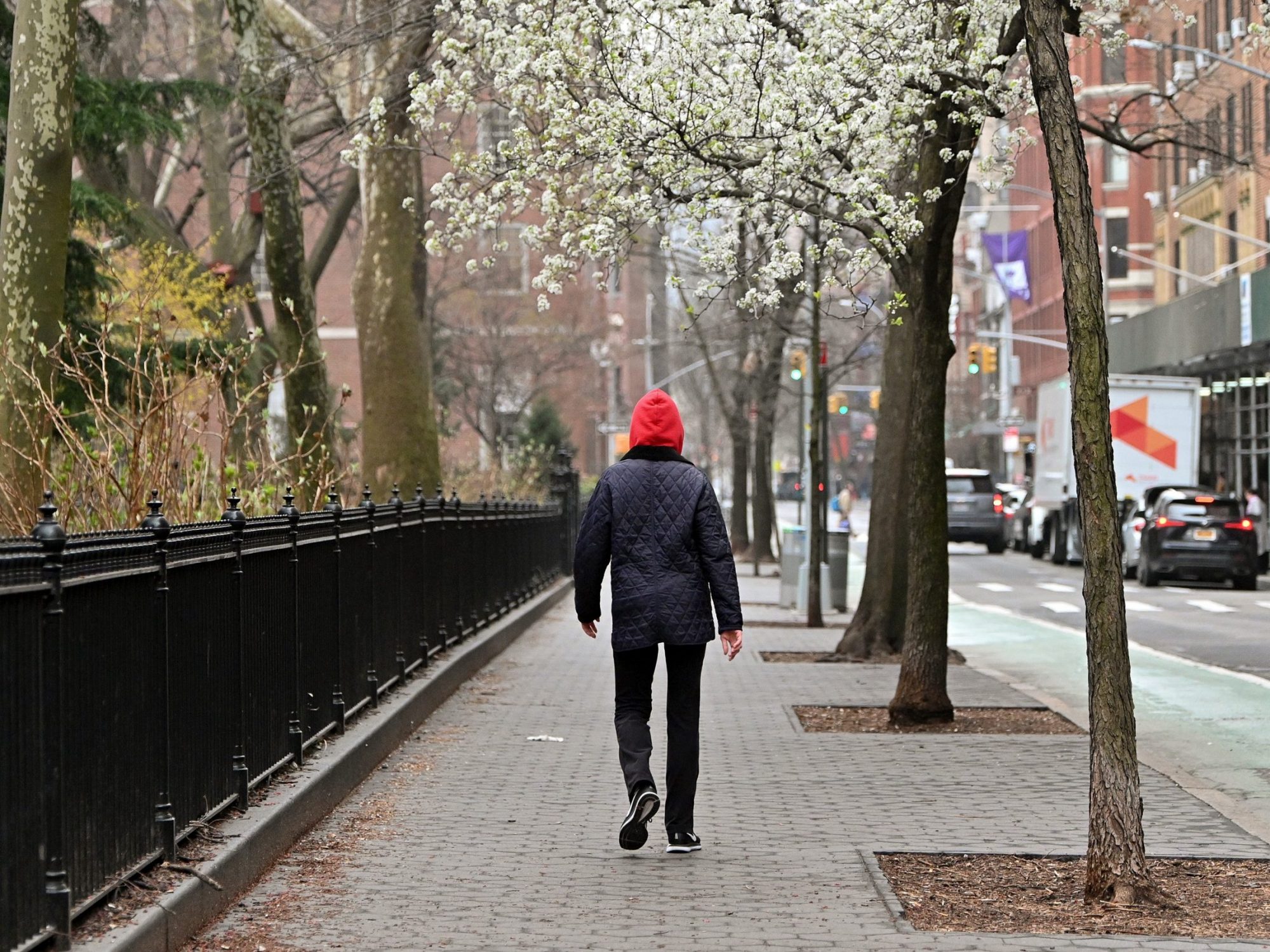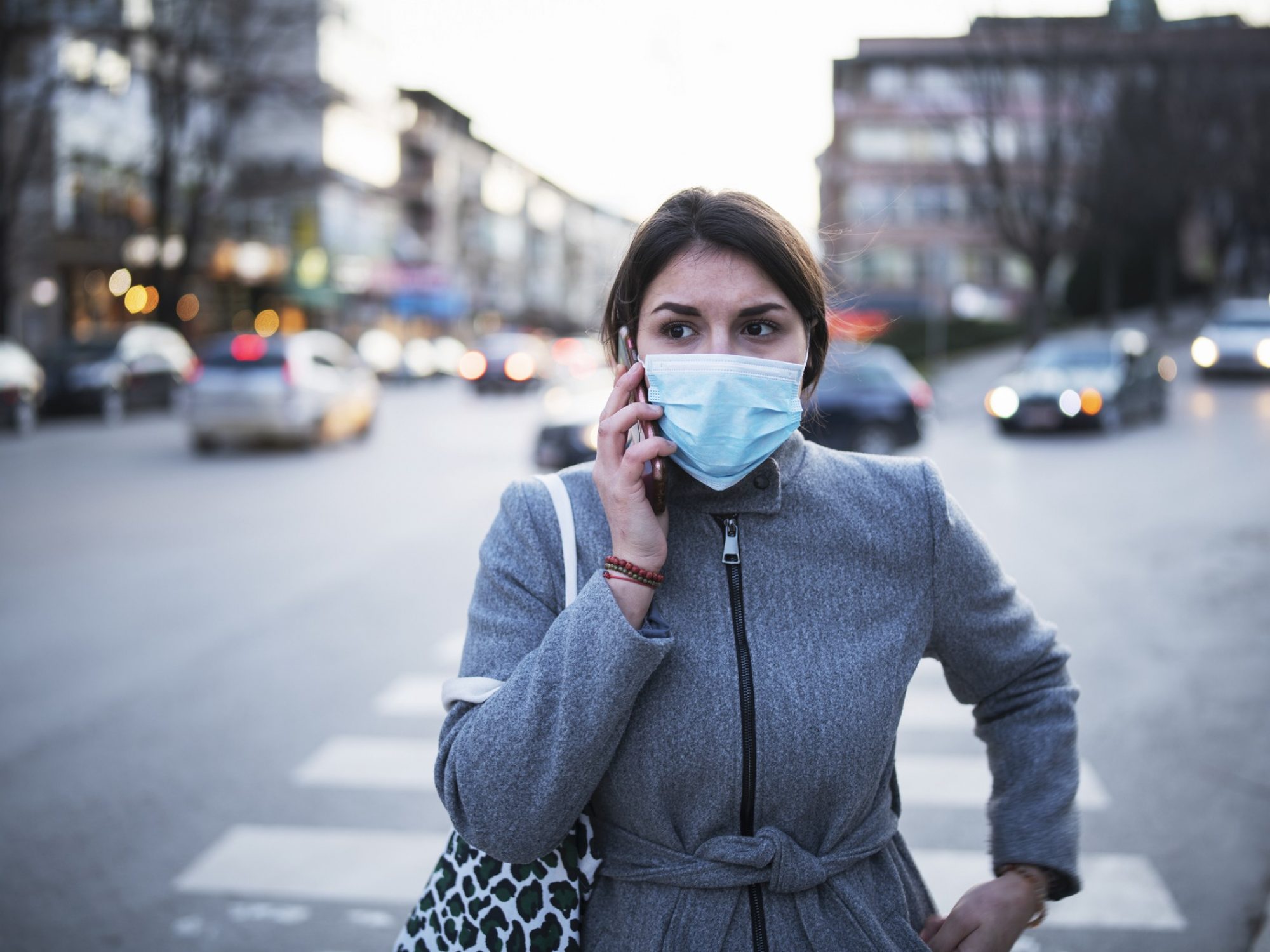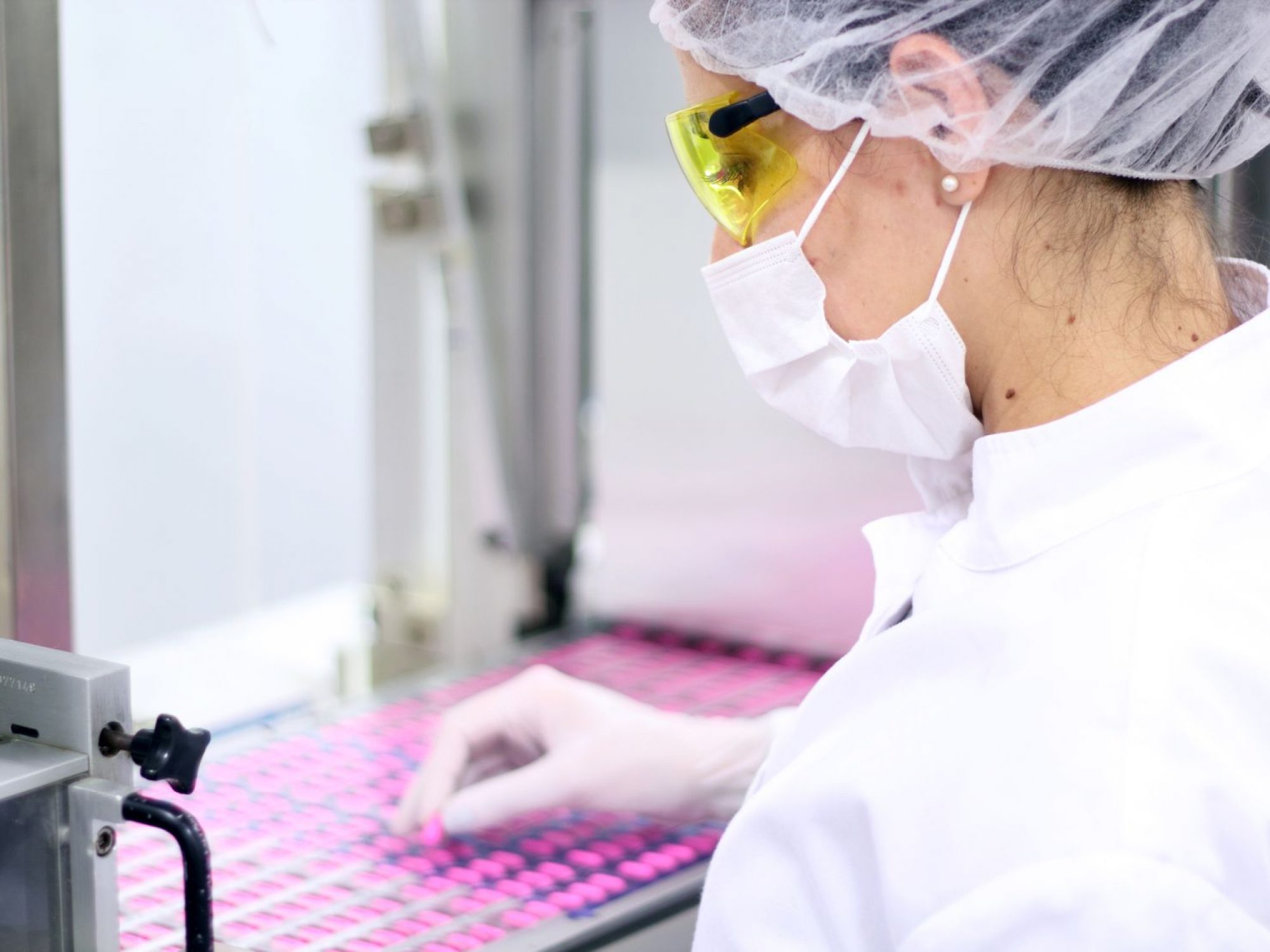Care for body, soul, and spirit go a long way right now
I’m a University of California, San Francisco (UCSF) physician working in the hospital on the front lines of Covid-19 response in San Francisco, who also happens to be married to a regenerative organic farmer with two sons living in Ohlone Territory. A lot of people have asked me what I do to stay healthy, so I created a list in the hope that others might find it useful.
Sing out loud! It expands lung capacity and the stimulation of the vagal nerve can calm your body’s overdrive from stress.
The following recommendations as to how best to support your health in pandemic times are my own — derived from a combination of common sense, evidence-based medicine, and traditional indigenous knowledge. I don’t share these recommendations believing they can prevent the coronavirus. But they can, in my opinion, help boost individual immunity and help us learn and grow in a difficult time.
- Get solid sleep each night (7–8 hours).
- Gargle warm salt water twice a day. This makes the mucosa at the back of your mouth less hospitable to viral visitors.
- Drink at least eight glasses of water a day to keep your body well hydrated.
- If you have a humidifier, use it. Be sure to use it properly (and clean it every day). We know that viruses have a harder time establishing themselves in our respiratory system when ambient air has 40% humidity.
- Go easy on the dehydrating things like too much coffee.
- Cook foods with natural immune boosters like garlic, ginger, turmeric, parsley, thyme, sage, and bone broth.
- Consider taking elderberry syrup, which may shorten the duration of viral illness such as influenza. There has been concern about cytokine storm and elderberry syrup, but this concern arises from a limited in vitro study. I personally do not consider this a reason not to take this traditional medicine.
- Be aware of the questions surrounding ibuprofen. Many physicians in my hospital medicine group are opting to avoid NSAIDS (ibuprofen, Motrin, Advil, Naprosyn) altogether and use acetaminophen/paracetamol (Tylenol) instead during the pandemic.
- Increase the amount of zinc in your diet by eating more chickpeas, almonds, cashews, lentils, chia seeds, pumpkin seeds, and oatmeal.
- Eliminate alcohol (it depresses the immune system).
- Don’t smoke (it compromises your respiratory system’s defenses).
- If you have an underlying lung disease, consider taking Ashwagandha for the next two months (this is not recommended if you are pregnant, have thyroid issues, or have an autoimmune disease).
- Get some good time outdoors each day. Make sure to get sun on your bare skin to activate vitamin D.
- Dig up your yard. Plant your own garden. Start some seeds. Local nurseries are selling starts as essential services. Get them in the ground. Our food system relies on the labor of many farmworkers whose lives are also in peril with this pandemic. It is valuable to start localizing food production as much as possible.
- Take a high dose of vitamin C daily during the course of the pandemic. If you are prone to kidney stones, consider adding fresh lemon juice from two lemons with copious water to your daily routine.
- There is some early data that melatonin may mitigate widespread inflammation like we see in this illness. Consider taking 5 mg of melatonin at night, which can also help you get that 8 hours of sleep.
- Express appreciation out loud to the earth who supports you and your loved ones who love you.
- Sing out loud! It expands lung capacity and the stimulation of the vagal nerve can calm your body’s overdrive from stress.
- Hold your little kids close and love your big kids well. They are awesome and won’t be young forever.
- Call your mom if you can and tell her you’re grateful for her. Call your dad if you can and tell him the same.
- Check in on elders. Do their shopping for them so they don’t have to be in public. Drop off groceries for them. Don’t visit them in person. Help them set up video chat in this time of isolation.
- No gatherings. No sleepovers. No playdates. Stay within your germ biome (your household and those within it).
- If you are challenged by the stress and isolation this pandemic is causing, call your support system. Deepen your meditative practices. Make art, make music. Also if you are in distress, reach out to the Substance Abuse and Mental Health Administration’s Disaster Distress Helpline: 1–800–985–5990 or text TalkWithUs to 66746. (TTY 1–800–846–8517).
- Namaste. No hugs or high fives.
- Wash your hands. Here’s a great video reminder of how.
- Don’t touch your face.
- When going out in public, wear a mask or bandana if a mask is not available and gloves if possible. If you have long hair, wear it in a bun or under a cap. When you return home, take off these outer layers of clothing and throw them in the laundry. Wash your hands or shower.
- If possible, wear glasses and stay away from contact lenses for the duration of the pandemic.
- Advocate for Medicare for all now so that no one is left out and everyone gets what they need to be safe. This will be an even bigger issue in three months as millions of people are losing their health care insurance.
- Advocate for taking over vacant housing and units for the purpose of sheltering and separating the unhoused. Covid-19 running through a homeless encampment or group shelter would be a nightmare for all of us.
- Start a practice of imagining the world the way you want it to be. Start imagining the practical steps in how we can make it that way. We will need to build together after this passes. Let’s start planning now.
Remember that your health care workers are here for you. We are going to be okay. Together, let’s make sure the most vulnerable (folks over 60, unhoused folks, poor folks who cannot stock up, and those with chronic illness) are provided for with food, shelter, and access to soap and water.





